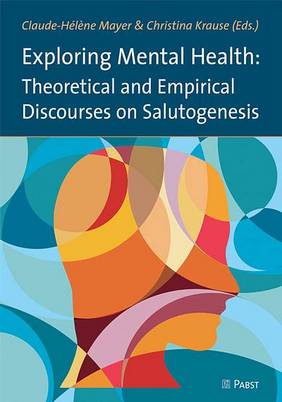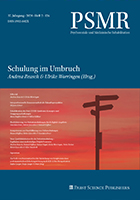Sense of coherence is described as a general feeling of confidence that the individual´s internal and external environments are predictable and that they will work out as planned (sensu Antonovsky). It is also viewed as a cognitive and emotional appraisal style which is connected to coping and health-enhancing behaviours which results in improved adjustment in social settings.
The components are:
- Sense of comprehensibility
- Sense of manageability
- Sense of meaningfulness
Mayer found in her study "that sense of coherence and the perception of conflicts as well as the management of conflicts is interlinked. Managers with an high level of sense of coherence are better prepared to perceive conflicts in their complexity. They are also able to find various possible solutions to manage conflicts and are not bound to one specific way of managing conflicts.
This leads to the conclusion that organisations should support their managers in developing, promoting and maintaining sense of coherence within the workplace. This would implicitly contribute to managing conflicts constructively within organisations and at the same time promote health and well-being in managers."
Literature:
Exploring Mental Health: Theoretical and Empirical Discourses on Salutogenesis
Mayer, Claude-Hélène; Krause, Christina (Eds.)























